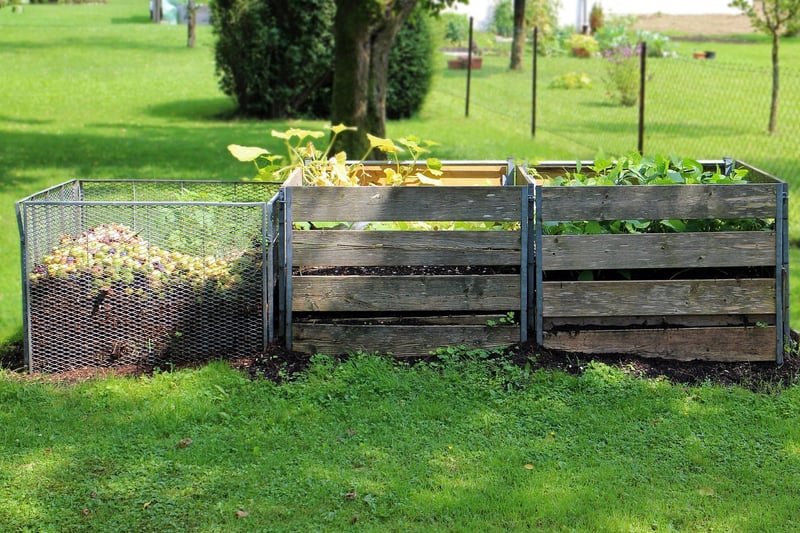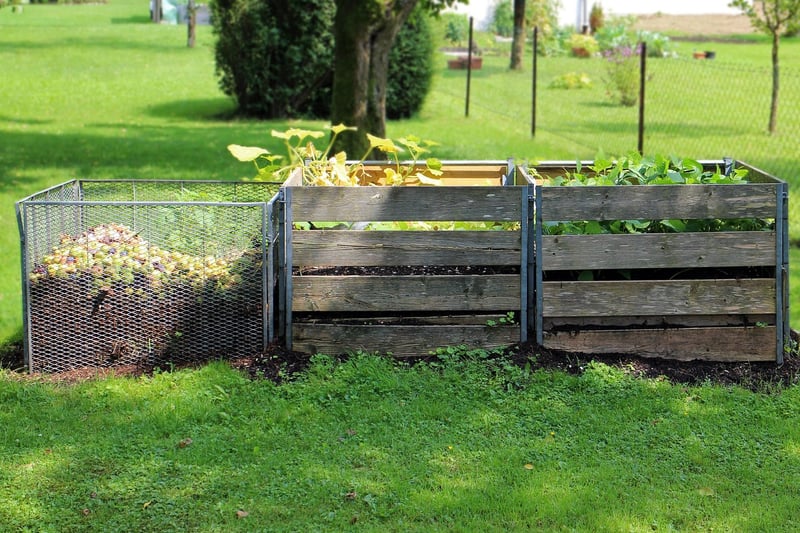Composting Methods
Maintaining Healthy Soil and Composting Methods
The Importance of Healthy Soil
Healthy soil is the foundation of a successful garden. It provides essential nutrients to plants, improves water retention, and promotes beneficial microbial activity. Maintaining soil health is crucial for sustainable gardening practices.
Methods for Maintaining Healthy Soil
1. Mulching
Mulching helps retain moisture, suppresses weeds, and adds organic matter to the soil as it breaks down. Use materials like straw, leaves, or compost as mulch.
2. Crop Rotation
Rotate crops each season to prevent nutrient depletion and reduce the buildup of pests and diseases in the soil. This practice helps maintain soil fertility and structure.
3. Cover Cropping
Plant cover crops like legumes or clover during the off-season to protect the soil from erosion, improve soil structure, and fix nitrogen levels naturally.
Composting Methods
Composting is a sustainable way to recycle organic waste and create nutrient-rich soil amendments. Here are different composting methods you can try:
1. Traditional Composting
Involves layering green (nitrogen-rich) and brown (carbon-rich) materials like kitchen scraps, yard waste, and leaves. Turn the pile regularly to aerate and speed up decomposition.

2. Vermicomposting
Uses worms to break down organic matter into nutrient-rich castings. Create a suitable environment for worms in a bin with bedding material and feed them kitchen scraps.

3. Bokashi Composting
Utilizes anaerobic fermentation to break down food waste. Bokashi bran is added to a container with food scraps, and the sealed system accelerates the decomposition process.

Conclusion
By adopting practices to maintain healthy soil and utilizing various composting methods, you can enhance the fertility and productivity of your garden while reducing waste. Start implementing these techniques today for a greener tomorrow!
